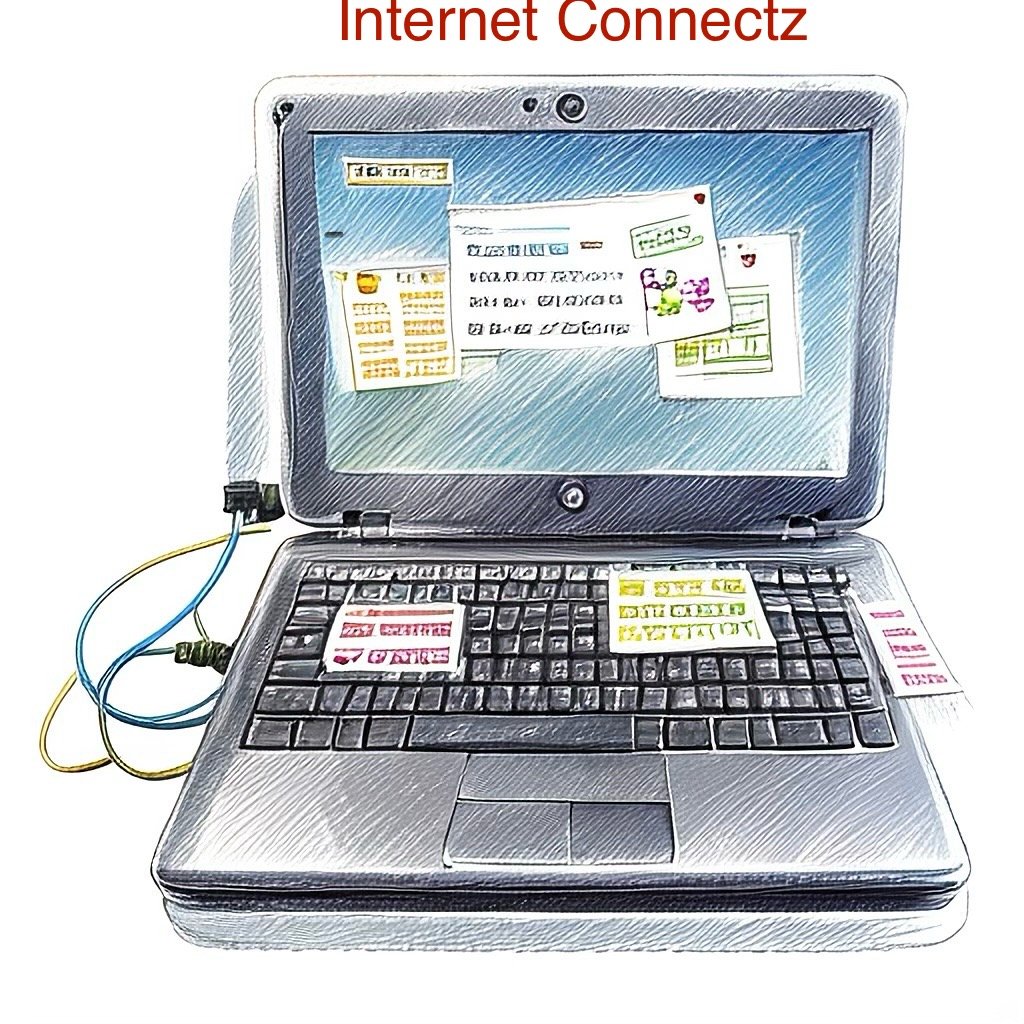

By Bylkiss Mentari
From July 2 to 6, 2025, Rabat hosted the second edition of the Morocco Gaming Expo. For five days, the Moroccan capital became a meeting point for gaming professionals from Africa, Europe, and Asia. The event, organized by the Moroccan Ministry of Youth, Culture and Communication, brought together developers, publishers, influencers, institutions, and players around conferences, e-sports tournaments, tech showcases, and networking sessions.
Among the key guests was Japanese legend Yoshiki Okamoto, creator of iconic franchises like Street Fighter and Resident Evil. His presence underscored the growing interest of the global gaming industry in Africa’s potential. But beyond the excitement of the expo, what stood out most was the opportunity it offered to take stock of an African gaming industry in full transition.
Over one billion dollars in revenue in 2024
Long considered marginal, Africa’s gaming sector is now one of the fastest-growing in the Global South. In 2024, it generated more than one billion dollars in revenue, up from $862 million in 2022, according to multiple sources. Much of this growth has been driven by the rise of mobile gaming, which remains accessible even in regions with limited infrastructure. In Sub-Saharan Africa, the number of gamers rose from 77 million in 2015 to over 186 million in 2021.
Yet these impressive figures mask a more complex reality. The market is still largely dominated by imported titles. More than half of surveyed gamers had never played a game developed on the continent, highlighting a significant gap in local production. African studios—often young and underfunded—struggle to compete in terms of resources, distribution, and visibility.
Still, some pioneers are managing to make their mark. Cameroonian studio Kiro’o Games, founded by Olivier Madiba, broke new ground with Aurion, the first game inspired by African culture, released in 2016. Today, the studio is preparing a new title, Le Responsable Mboa, which is already generating buzz. In Senegal, Kayfo Studio continues to develop projects rooted in West African reality, with a clear ambition to reach young African players. “Western and Asian markets are somewhat saturated. Here, we’re just getting started, but the potential is real,” said Julien Herbin, founder of Kayfo, in an interview with Le Monde.
Building an industry capable of creating skilled jobs, generating value, and strengthening the continent’s digital autonomy
The stakes are as much economic as they are cultural. It’s about creating stories, heroes, and game mechanics that speak to African audiences, while building an industry capable of creating skilled jobs, generating value, and strengthening the continent’s digital autonomy. “We need more marketing. But in most of our countries, there is no public support for game creation. Funding is often the first obstacle,” lamented Olivier Madiba recently.
Nevertheless, several initiatives are emerging to structure the ecosystem. In Morocco, Rabat Gaming City aims to become a regional hub, bringing together studios, incubators, training schools, and e-sports infrastructure. In South Africa, Nigeria, Kenya, and Tunisia, public and private programs are beginning to support local developers. The integration of video games into national digital economy strategies is gradually becoming a reality.
The Morocco Gaming Expo served as a continental showcase for these efforts. By gathering actors from across the continent and beyond, the event highlighted a generation of creators determined to make gaming a tool for innovation, expression, and development. Yet much remains to be done: improving training, securing sustainable financing, protecting creative works, and building distribution channels adapted to African realities.
Africa’s gaming sector is moving forward, driven by youth, creativity, and a growing appetite for digital experiences. It lacks neither talent nor ideas. What remains to be conquered is the capacity to turn that energy into a lasting industry—one that can shine well beyond its borders.






